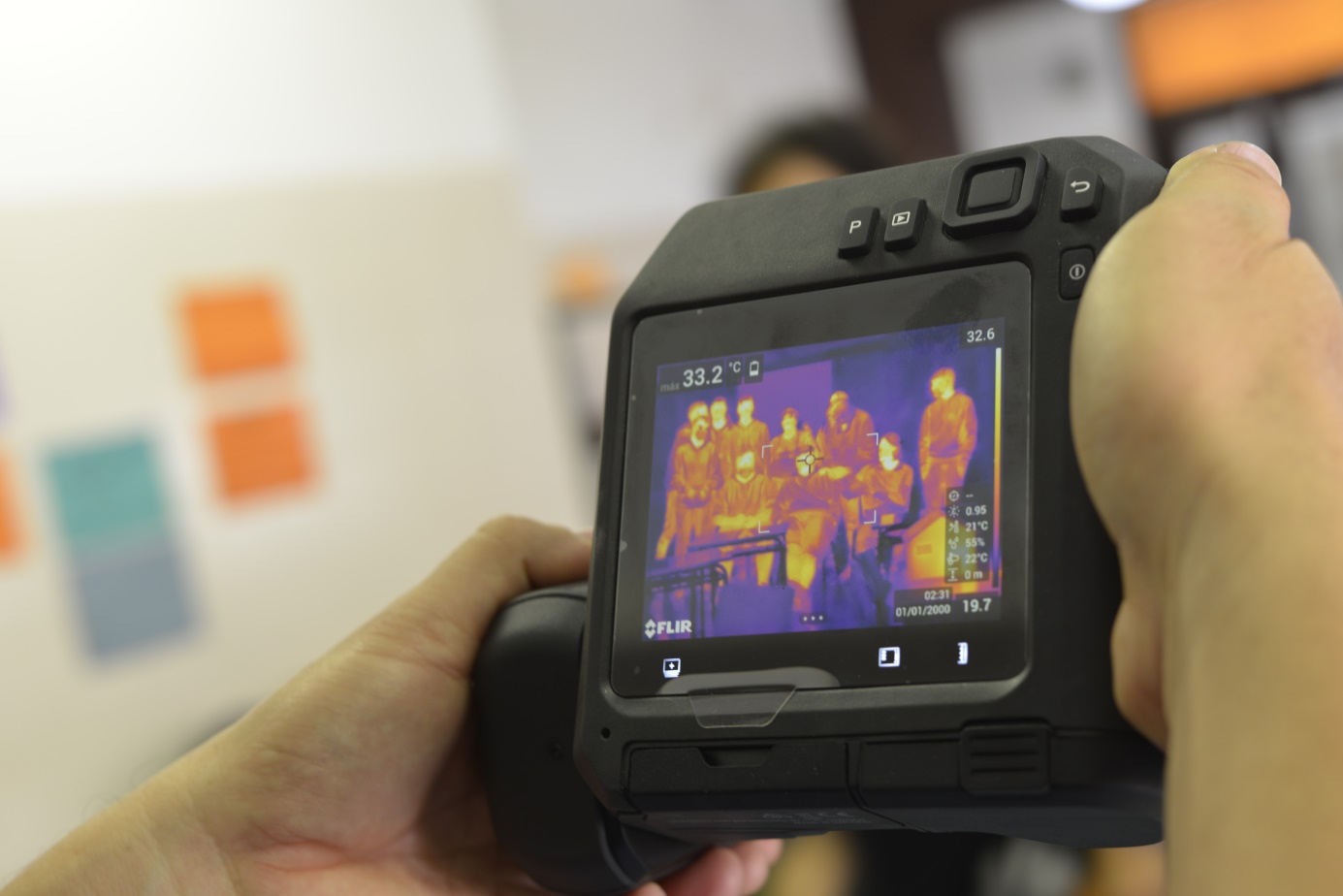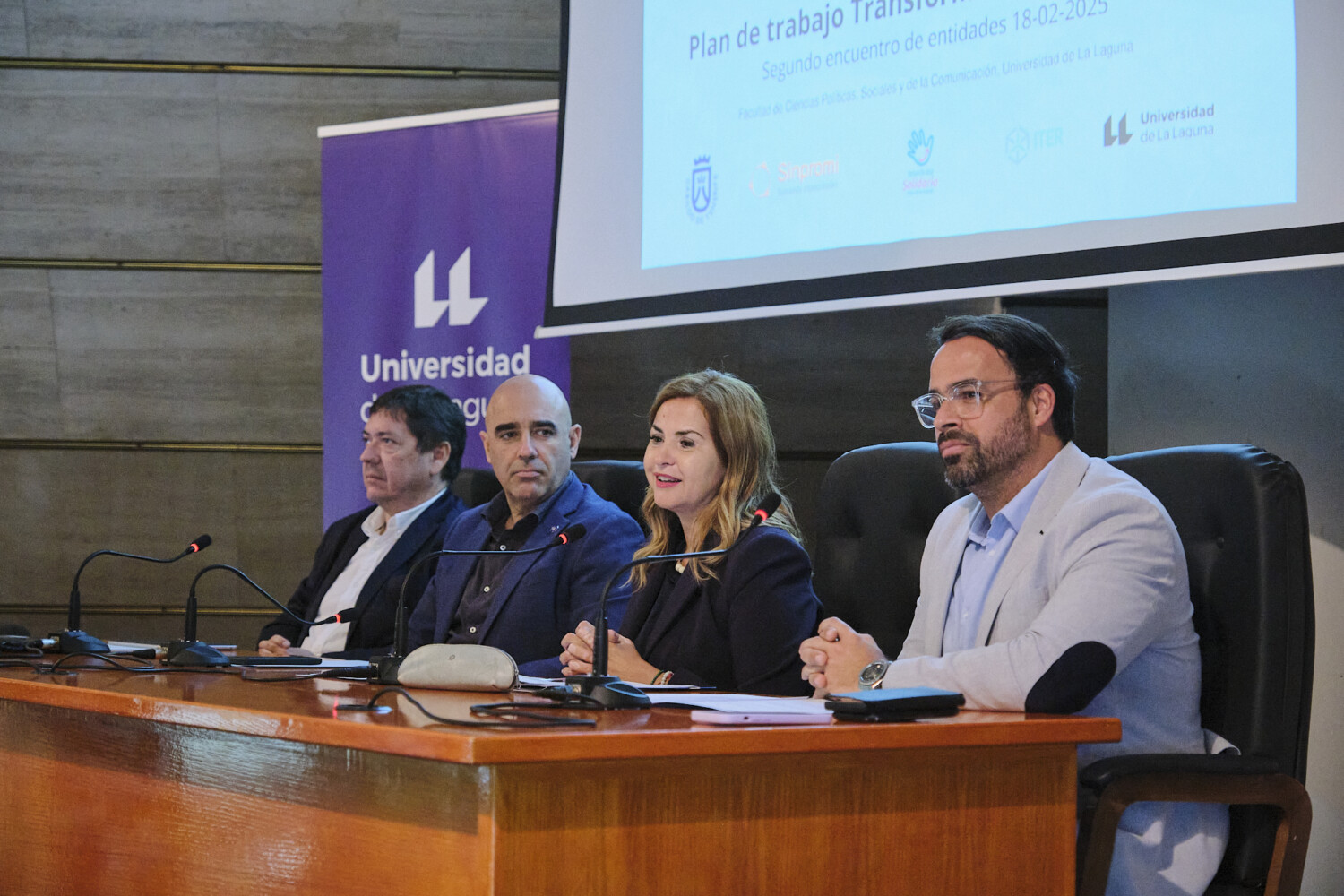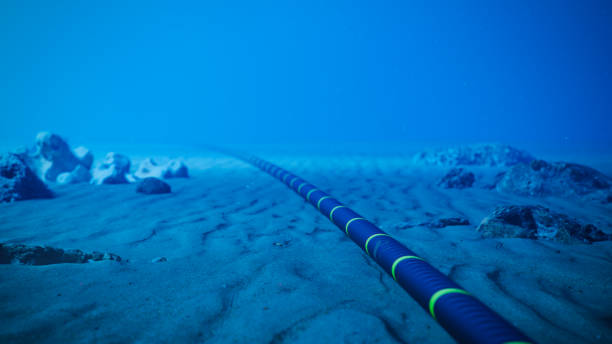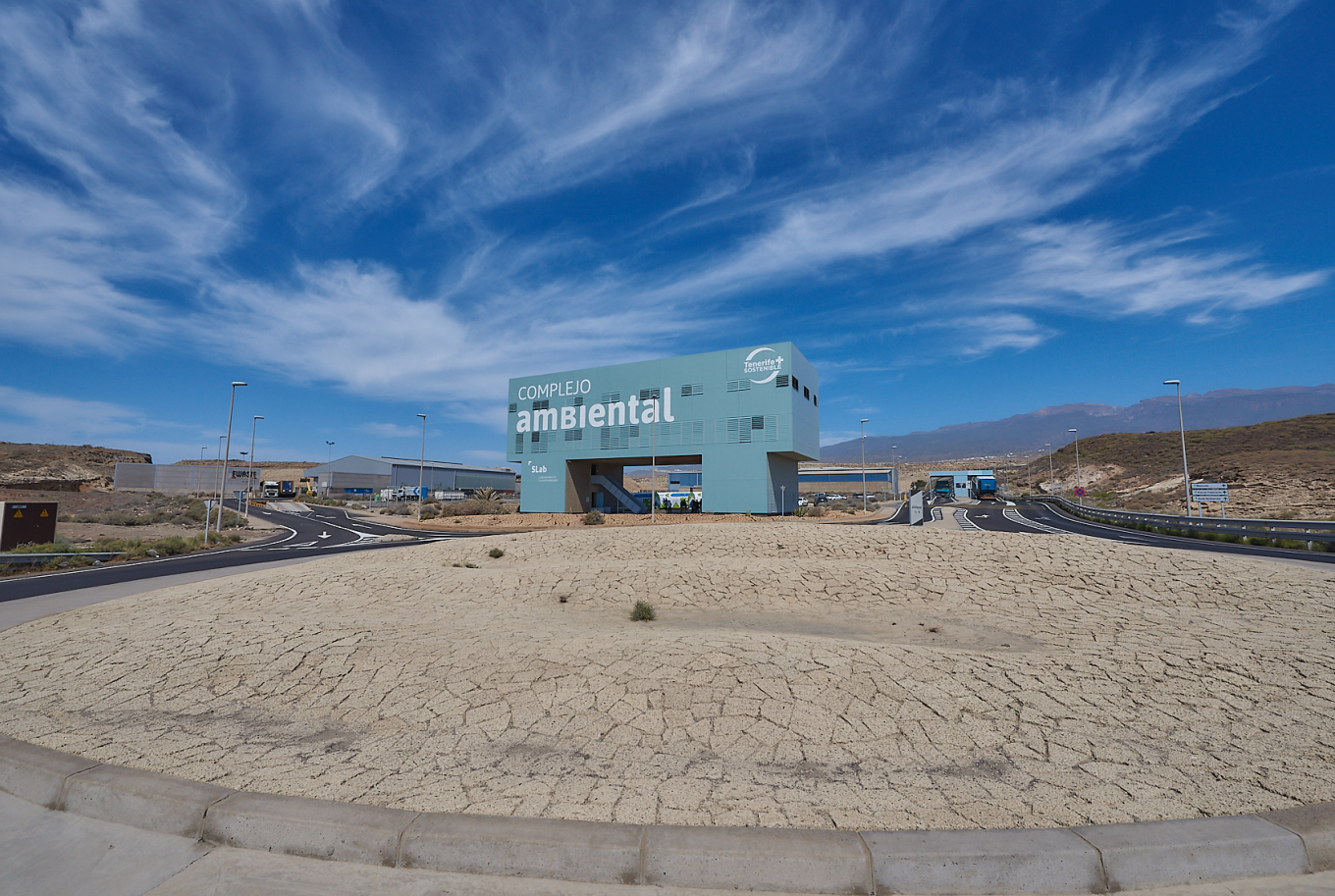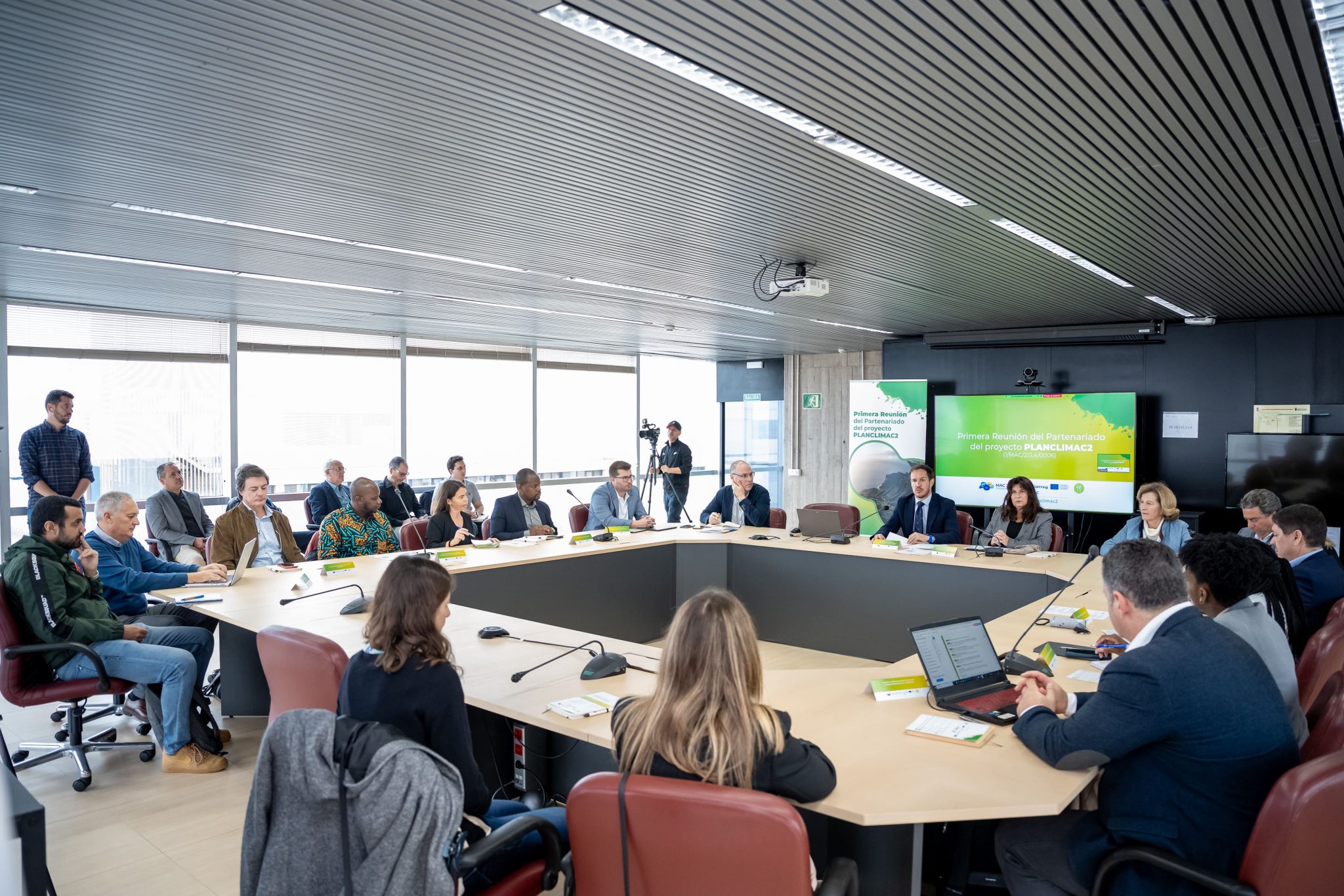The results of this study, which continues the work carried out within the EDUCA CO2 initiative of the MONITOR Network of Excellence, will make it possible to determine the best ventilation, comfort and efficiency strategies to be implemented by the center.
Is air quality related to the probability of COVID-19 contagion, comfort and efficiency, what happens if we close the windows and theCO2 we breathe accumulates? These and many other questions related to the strategies of sustainable architecture are answered during the days of measurements and tests that the Department of Sustainable Architecture of ITER, an entity under the Cabildo Insular de Tenerife, is carrying out in the IES Las Veredillas.
In normal concentrations, carbon dioxide (CO2) is not a toxic gas for people. However, if the ventilation of classrooms is not correct, CO2 concentrations can reach levels above the recommended limits, and cognitive deterioration occurs in students: they have a reduced ability to concentrate, become more clumsy and, in severe cases, this leads to breathing difficulties, weakness, dizziness, tiredness, vomiting or prolonged diarrhea.
This line of R&D, aimed at studying the efficiency and effectiveness of natural ventilation in educational centers, was developed during the COVID-19 pandemic, within the framework of the “EducaCO2” initiative, developed in collaboration with the Monitor Network of Excellence and based on the control of air renewal with natural ventilation andCO2 sensors. Its implementation has been possible thanks to the European project MACLAB-PV (co-financed by the INTERREG MAC 2014-2020 program), which has facilitated the creation of the ITER Mobile Laboratory for Energy Efficiency (LAVE).
Using this new scientific equipment, in 2021, 8 days of tests and measurements were carried out in various schools on the island of Tenerife, with the participation of 153 students and 8 teachers. During these sessions, data on air temperature, relative humidity, CO2 and particulate matter levels were recorded and a series of experimental tests were carried out. At the national level, more than 66 classrooms monitored in different centers in different climatic regions of Spain participated in the study, showing that many of the educational centers do not meet the basic comfort requirements or the recommendedCO2 limits.
With the IES Las Veredillas, measurements have been restarted in educational centers, which are also accompanied by complementary didactic sessions, with the aim of raising students’ awareness of the importance of R&D&I for the development and strengthening of new energy efficiency technologies and explaining how LAVE works.
Measuring CO2 in classrooms reduces the risk of aerosol contagion in any indoor space. This requires reducing the emission of particles in the air. The EducaCO2 initiative determines the main measures that each participating school must take to achieve adequate ventilation, calculating the specific hourly renewals and proposing the most appropriate air control solutions for each school.
In a practical example, and taking into account that CO2 increases with the passage of time in the absence of ventilation, it is found that in 45 minutes it reaches non-recommended levels of 1000 ppm. It is possible to reduce the concentration by opening doors and windows simultaneously, in cross ventilation. The stabilization of the measurement indicates that it can be compared with steady state levels, proving that more than 10 renewals per hour are reached. In general, it is recommended to consider the application of natural air conditioning techniques, according to the advice of technicians specialized in bioclimatic architecture and sustainable air quality control strategies.
The results of these trials are under review for presentation at the International Congress “42nd AIVC-10th TightVent & 8th Venticool Conference & 8th Venticool Conference” to be held in October in Rotterdam, The Netherlands.


